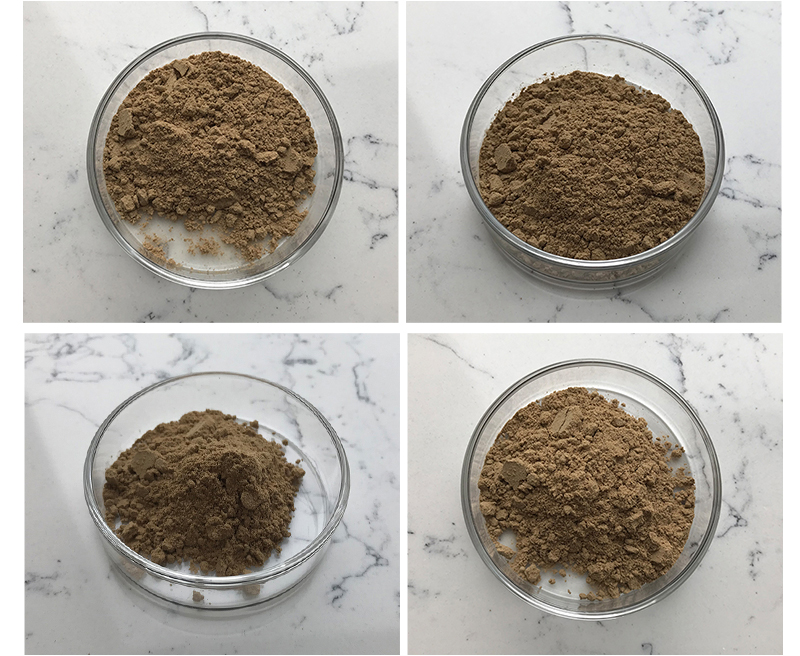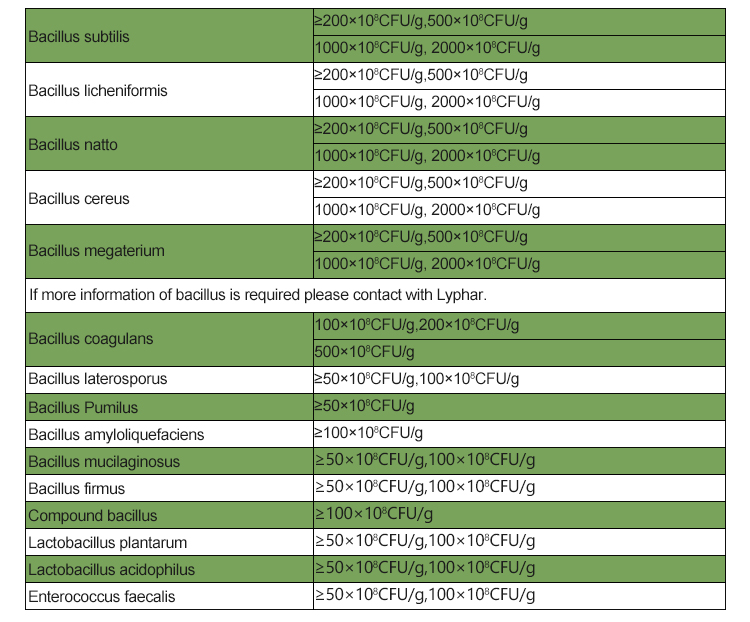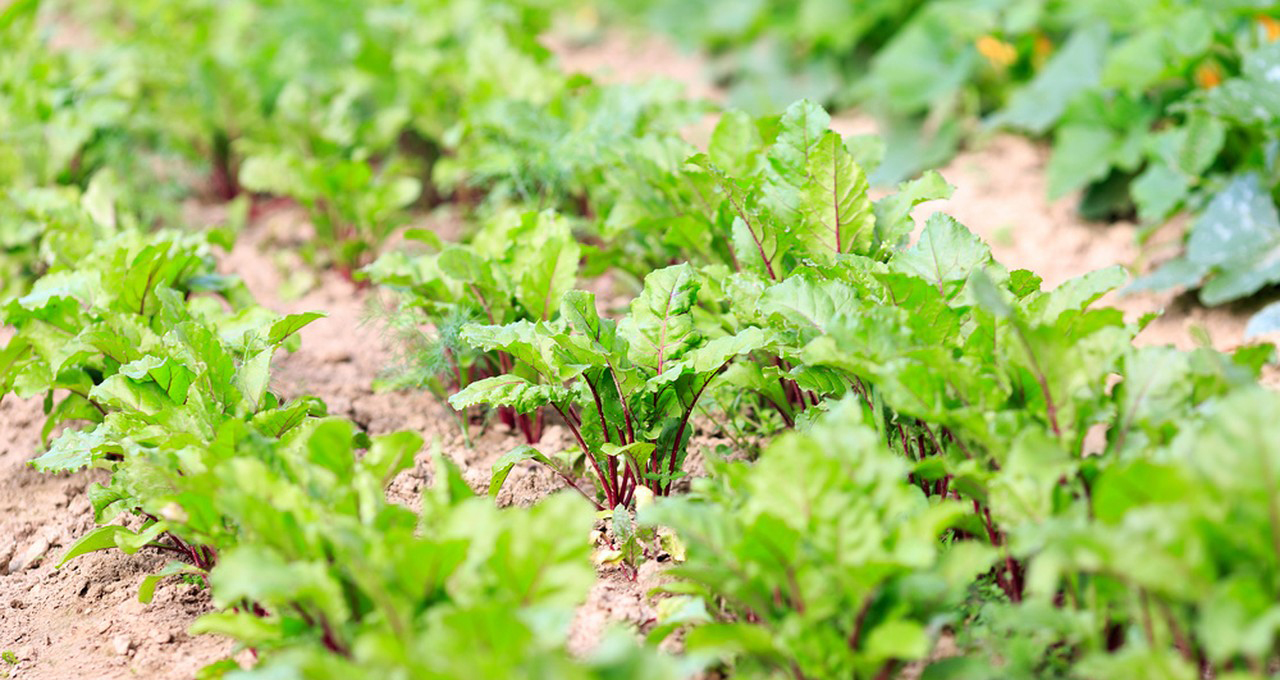Bacillus pumilus is a species of bacteria that belongs to the genus Bacillus, which is a diverse group of Gram-positive, rod-shaped, and spore-forming bacteria. Bacillus pumilus is commonly found in various environments, including soil, water, air, and even on the surfaces of plants and animals. It is considered to be a ubiquitous and versatile microorganism.
One notable characteristic of Bacillus pumilus is its ability to form highly resistant spores. These spores are dormant and can survive harsh environmental conditions, such as extreme temperatures, desiccation, and exposure to chemicals or radiation. This resilience makes Bacillus pumilus an interesting subject of study in various fields, including microbiology, biotechnology, and astrobiology.

In biotechnology, some strains of Bacillus pumilus have been investigated for their ability to produce enzymes with industrial applications, such as amylases, proteases, and lipases. These enzymes are useful in various processes, including food production, laundry detergents, and biofuel production.
Additionally, Bacillus pumilus has garnered attention in astrobiology due to its spore-forming capability and its ability to survive in extreme environments. Understanding the survival mechanisms of such microorganisms can provide insights into the possibility of life existing in harsh conditions on other planets or celestial bodies.
It’s important to note that Bacillus pumilus is a naturally occurring microorganism, and while some strains can have beneficial applications, others can also cause infections in humans, especially in immunocompromised individuals. As with any microbial species, proper handling and safety precautions are essential when working with Bacillus pumilus in laboratory settings or industrial applications.
Benefits of Bacillus Pumilus
Bacillus pumilus is a species of bacteria that belongs to the Bacillus genus, known for its diverse range of beneficial properties. Here are some potential benefits associated with Bacillus pumilus:

Biodegradation: Bacillus pumilus has the capability to degrade various organic compounds, including hydrocarbons and pollutants, which makes it useful in environmental cleanup and bioremediation efforts.
Plant Growth Promotion: Like many other Bacillus species, B. pumilus can form a symbiotic relationship with plants, aiding in nutrient uptake, producing growth-promoting substances (such as phytohormones), and enhancing plant resistance to diseases and environmental stresses.
Biofertilizer: As a plant growth-promoting bacterium, Bacillus pumilus has been studied as a potential biofertilizer to enhance soil fertility and crop productivity in sustainable agriculture.
Antibiotic Production: Bacillus pumilus can produce a wide range of antimicrobial compounds, including antibiotics. These antimicrobial properties can be utilized for the development of new antimicrobial agents to combat bacterial infections and diseases.
Industrial Applications: The bacterium’s enzymatic activities and metabolic capabilities can be harnessed for industrial purposes, such as the production of enzymes, bioactive compounds, and other valuable products.
Biotechnology: Bacillus pumilus has been studied for its potential applications in biotechnology, including enzyme engineering and biocatalysis, due to its ability to produce various enzymes with diverse catalytic properties.
UV Resistance: Bacillus pumilus exhibits high resistance to ultraviolet (UV) radiation, making it a subject of interest for space research and applications involving UV exposure.

Food Preservation: Some strains of Bacillus pumilus have been explored for their antimicrobial properties in food preservation, as they can inhibit the growth of spoilage and pathogenic microorganisms.
It’s important to note that while Bacillus pumilus shows promise in various applications, further research and testing are needed to fully understand its potential benefits and ensure its safe and responsible use in different contexts. Additionally, different strains of Bacillus pumilus may exhibit varying characteristics and properties, so specific studies and evaluations are required for each intended application.
